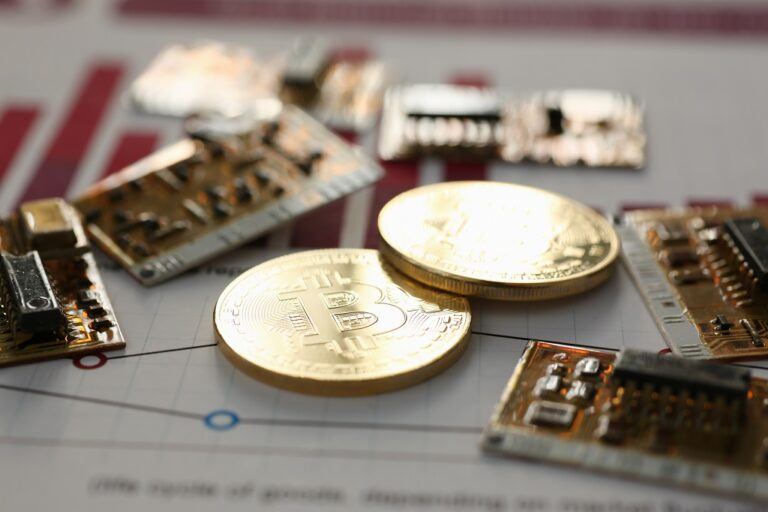The intensely volatile and overheated cryptocurrency markets of late 2017 have drawn the attention of regulators across the globe. Saudi Arabia is the latest in a long line of nations taking a closer look at the space. While some regulators tried to outright ban cryptocurrencies, others merely imposed anti-money laundering (AML) and know your customer (KYC) requirements on businesses. In Saudi Arabia, regulators are seemingly taking a more cautious approach, in order not to stifle innovation.
Speaking to Business Insider, the chairman of Saudi Arabia’s Capital Markets Authority, Mohammed ElKuwaiz, revealed officials are paying attention to the cryptocurrency space. They haven’t acted yet, as they are taking steps not to hinder activity in cryptocurrency markets.
“We are still evaluating what our appropriate regulatory response should be. I think we are likely to come up with something very soon.”
Just like the rest of the world, Saudi Arabia was hit with a cryptocurrency craze late last year. According to CryptoCompare, bitcoin trading volume for SAR was hitting over 20 BTC per day last month.on peer-to-peer exchange LocalBitcoins..
Although cryptocurrencies aren’t as popular in the country as they are in South Korea and Japan, a number of crypto exchanges currently serve the kingdom’s residents. Among them are Paxful, which claims to have sold over 10,000 BTC in the country, and BitOasis, which also serves users in the rest of the Middle East and North Africa.
Per ElKuwaiz, the cryptocurrency field is still emerging, and regulators “would like to see any new field develop before jumping in.” That said, Saudi Arabia’s central bank has in the past worked with UAE’s (United Arab Emirates) central bank on a cross-border cryptocurrency.
Saudi Arabia’s “wait and see” approach to the cryptocurrency space and fintech is set to allow new startups to develop pilot projects around the sector. To support the initiative, regulators created a sandbox program. Per ElKuwaiz:
“Essentially, companies are issued a provisional license over a test and pilot period in order to test their ideas,” he said. “After the pilot period, we can then jointly agree to fit it into the existing regulatory regime or build a regulatory regime around it.”
The kingdom’s stance toward cryptocurrencies is revealed at a time in which India’s finance minister Arun Jaitly says cryptocurrencies are not legal tender in the country.








